There is a long tradition of processing salted fish in this country, as well as in Norway and the Faroe Islands, but its processing has its own characteristics in each country. Today, salted fish is considered a gourmet product that is very popular in many parts of the world, but before that salt was primarily used to extend the preservation quality of the fish.
To strengthen the position of salted fish, with its long tradition, history and connection to Nordic livelihoods, it is important to strengthen the value chain as a whole, from producers and retailers, to chefs and consumers. The aim of the project is to develop new or improved ready-made dishes based on traditional salted fish. The project has received funding from two Nordic funds, NORA and AG-Fisk, and will involve 16 participants from Iceland, Norway and the Faroe Islands. The group consists of experts in salted fish processing and quality, cooking, food production, distribution and tourism, who will share their knowledge and work together on the processing and product development of delicious salted fish dishes to promote this great raw material that is salted fish.
Verkefninu lauk í september 2025. Efni tengt verkefninu má sjá hér fyrir neðan.
Reports:
Kolbrún Sveinsdóttir, Aðalheiður Ólafsdóttir, Þóra Valsdóttir og Eva Margrét Jónudóttir (2024). Saltfiskkræsingar: Saltfiskmánuður: https://zenodo.org/records/13498260
Kolbrún Sveinsdóttir, Aðalheiður Ólafsdóttir, Cecile Dargentolle (2025). Neytendakönnun um saltfisk: áhrif saltmagns á upplifun neytenda / Consumer liking of desalted cod containing different levels of salt concentration. : https://zenodo.org/records/17542083
Saltfish month
The month of March 2024 is dedicated to salted fish, and for that reason the master chefs at the Menntaskolin in Kópavogur have prepared some delicious recipes for salted fish dishes that everyone can try at home. The recipes can be accessed by clicking on the pictures below, and the ingredients for the dishes are available in the Crown.
Salted fish recipes
The Crown's recipe website skartaði fjórum girnilegum saltfiskuppskriftum en þær og fleiri eru einnig aðgengilegar hér að neðan:
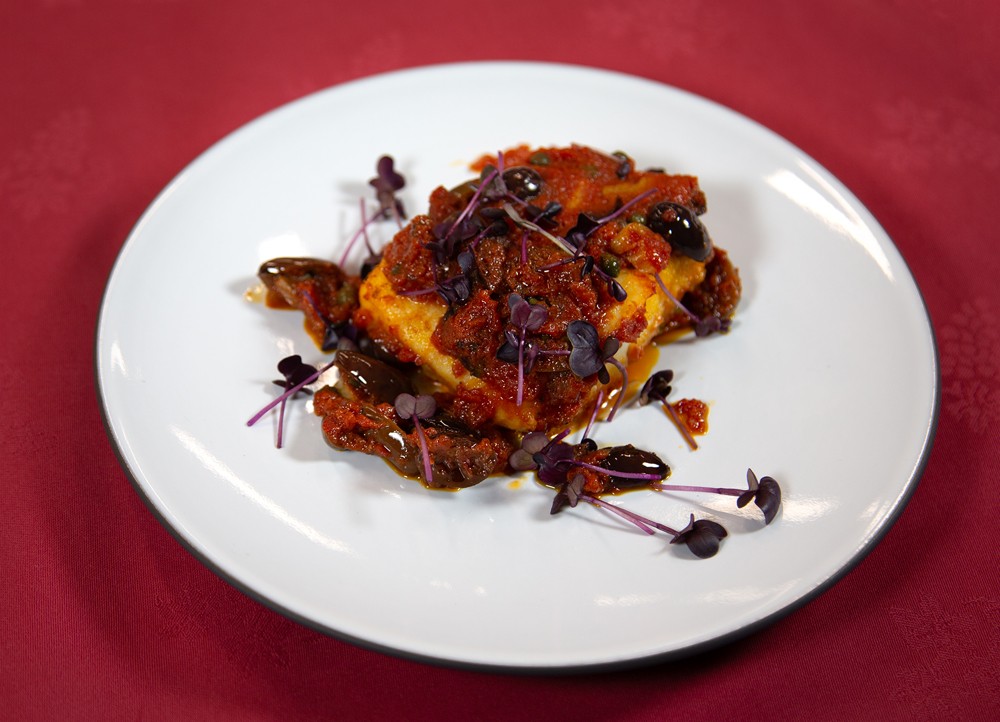
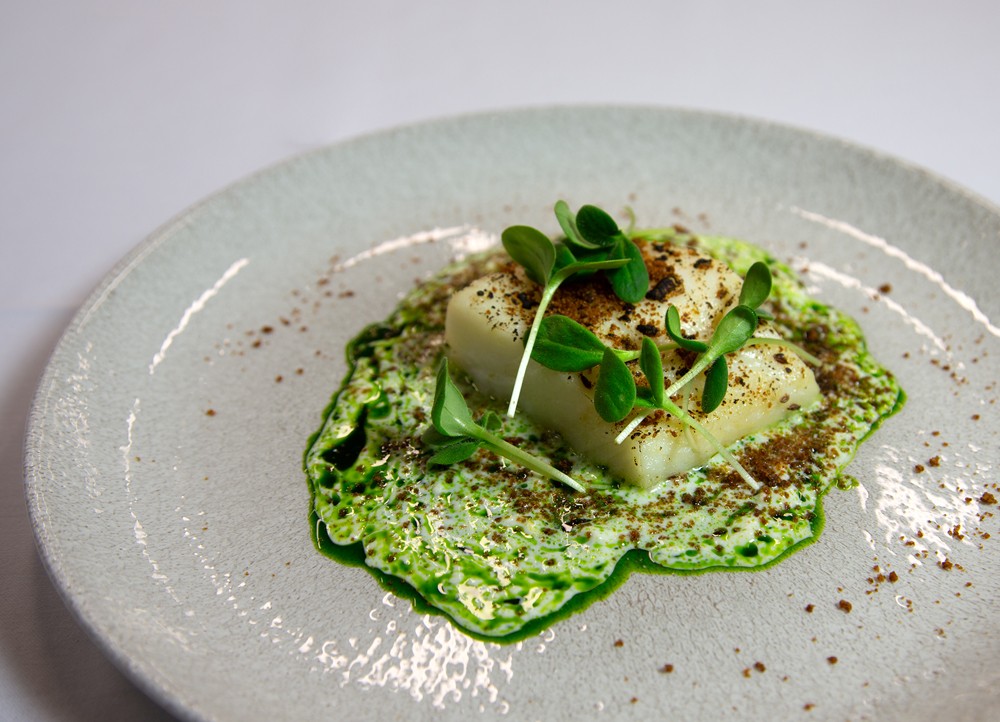
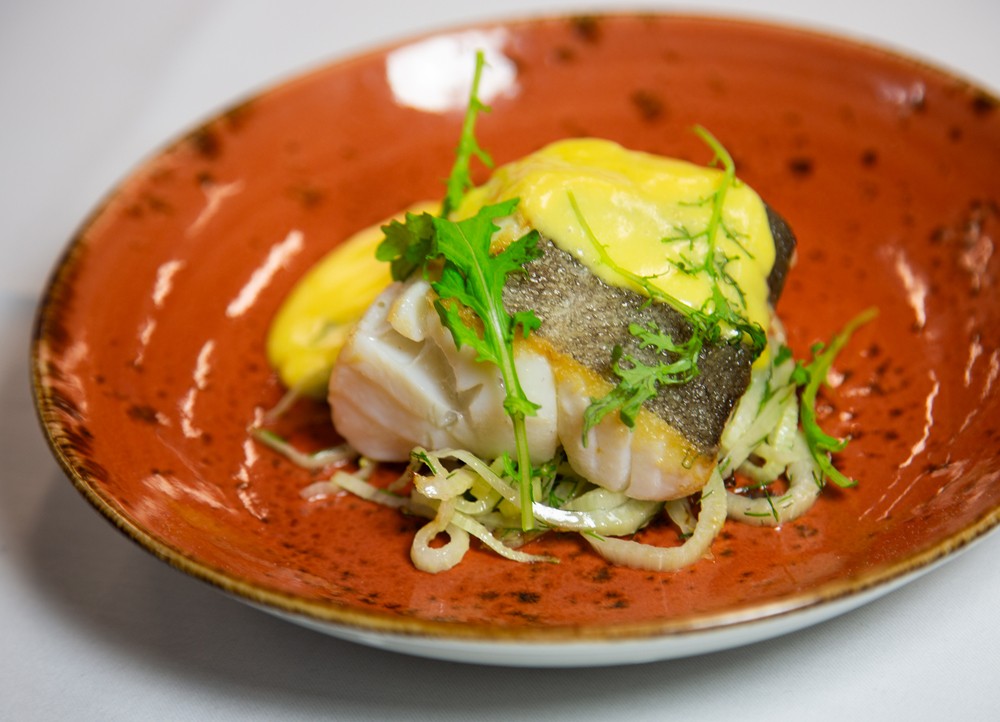
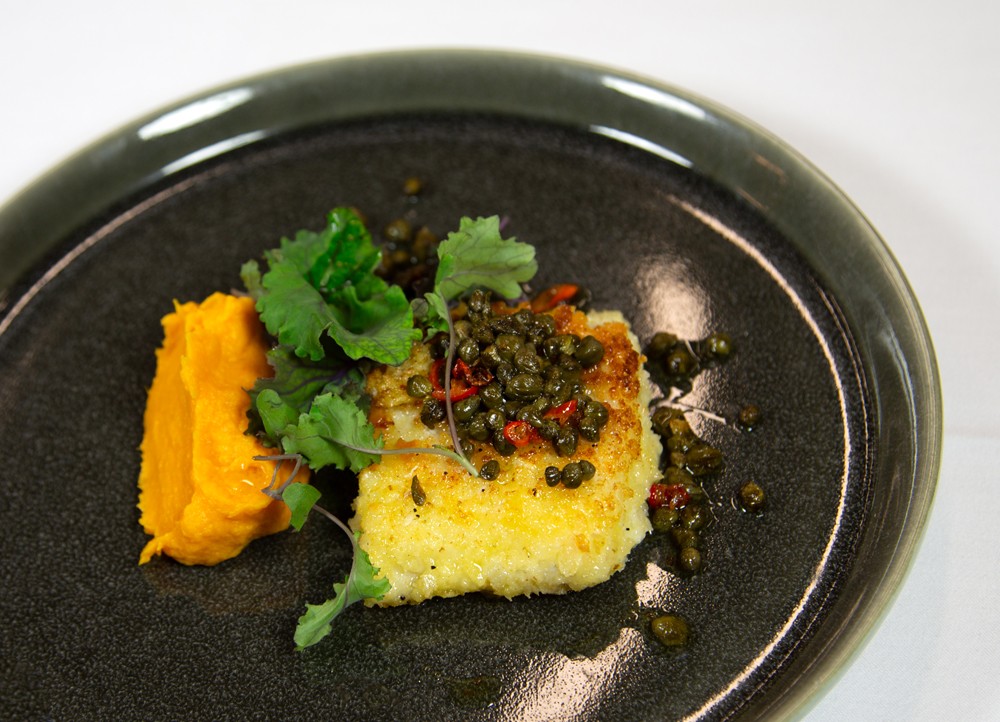
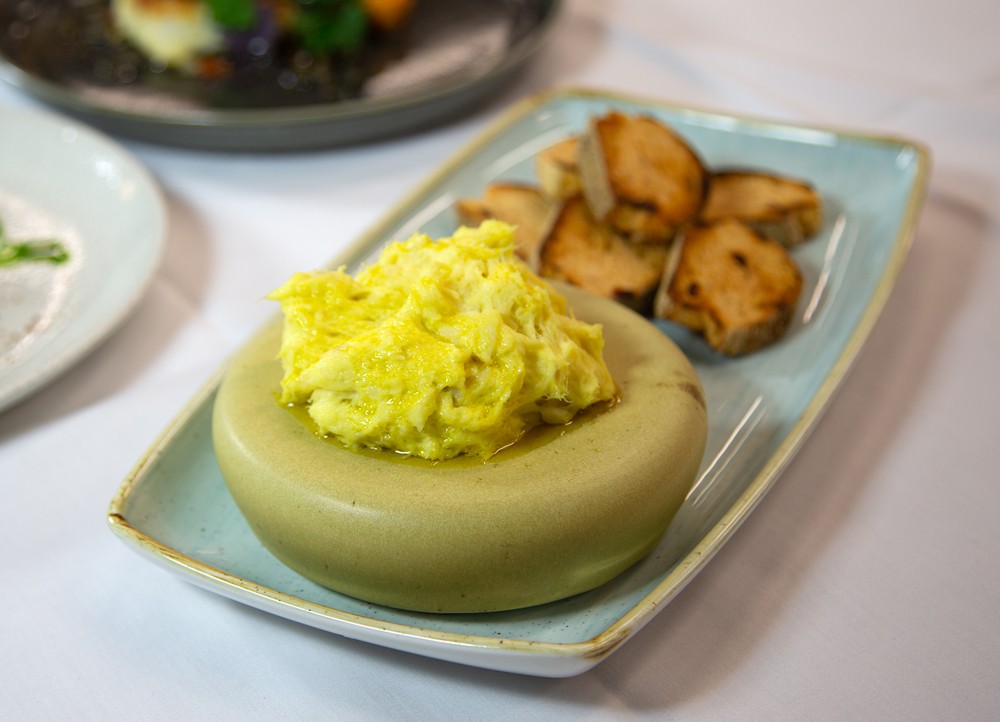
More delicious salted fish recipes:
- https://fiskurogkaffi.is/gratineradur-saltfiskur-med-hvitlaukssosu/
- https://vinotek.is/tag/saltfiskur/
- https://lindaben.is/recipes/gomsaetur-saltfiskur-eins-og-thu-hefur-aldrei-smakkad-hann-adur/
- https://www.mbl.is/matur/frettir/2020/01/14/geggjadur_spaenskur_saltfiskrettur/
- https://alberteldar.is/2022/04/28/spaensk-saltfiskhrisgrjonapanna/
- https://alberteldar.is/2022/04/27/franskur-saltfiskrettur-a-ponnu/
- https://alberteldar.is/2022/04/29/saltfisksalat/
- https://alberteldar.is/2023/03/17/salat-med-marinerudum-saltfiski/
Interesting discussions about saltfish during saltfish month:
The foodie and the food blogger Albert cooks tasted saltfish in Portuguese style at the Food & Fun festival and discussed it here: Skreid – Food & fun – Bacalhau on bras and other goodies.
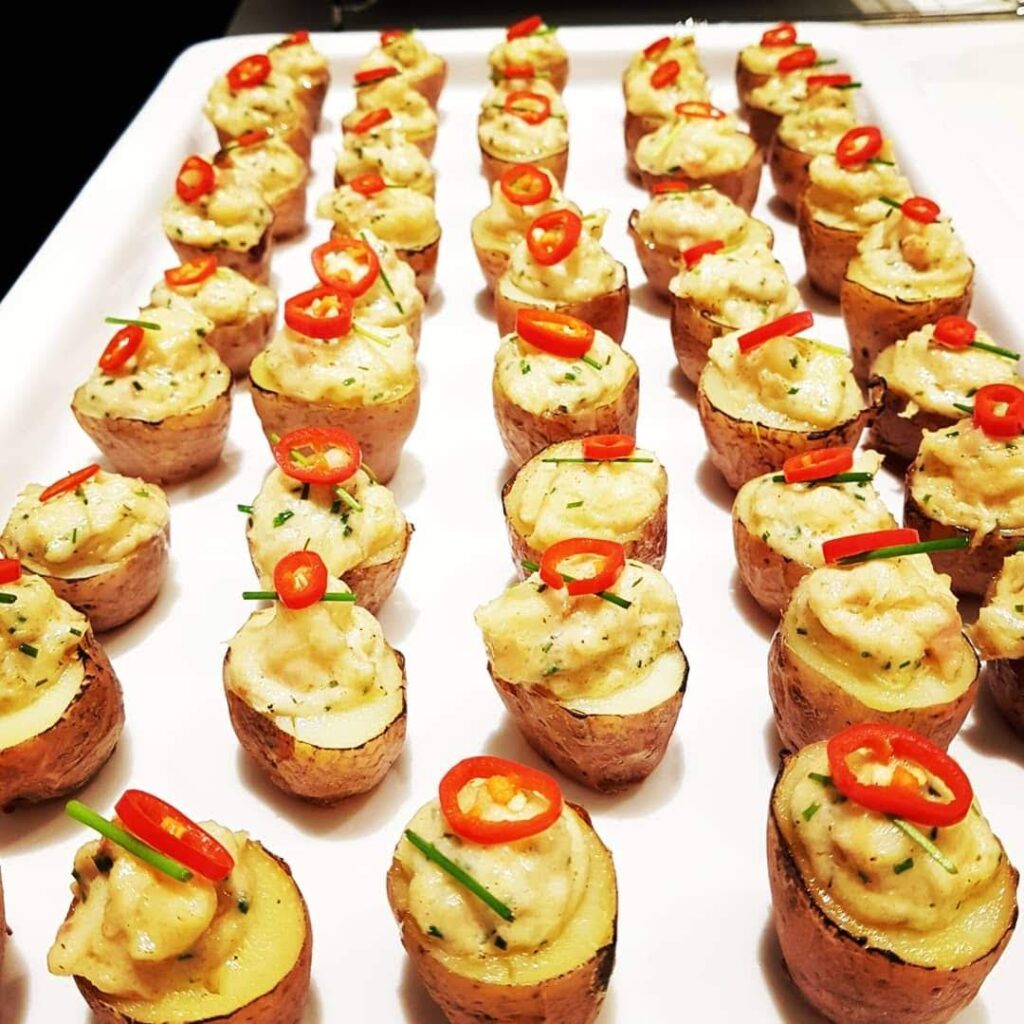
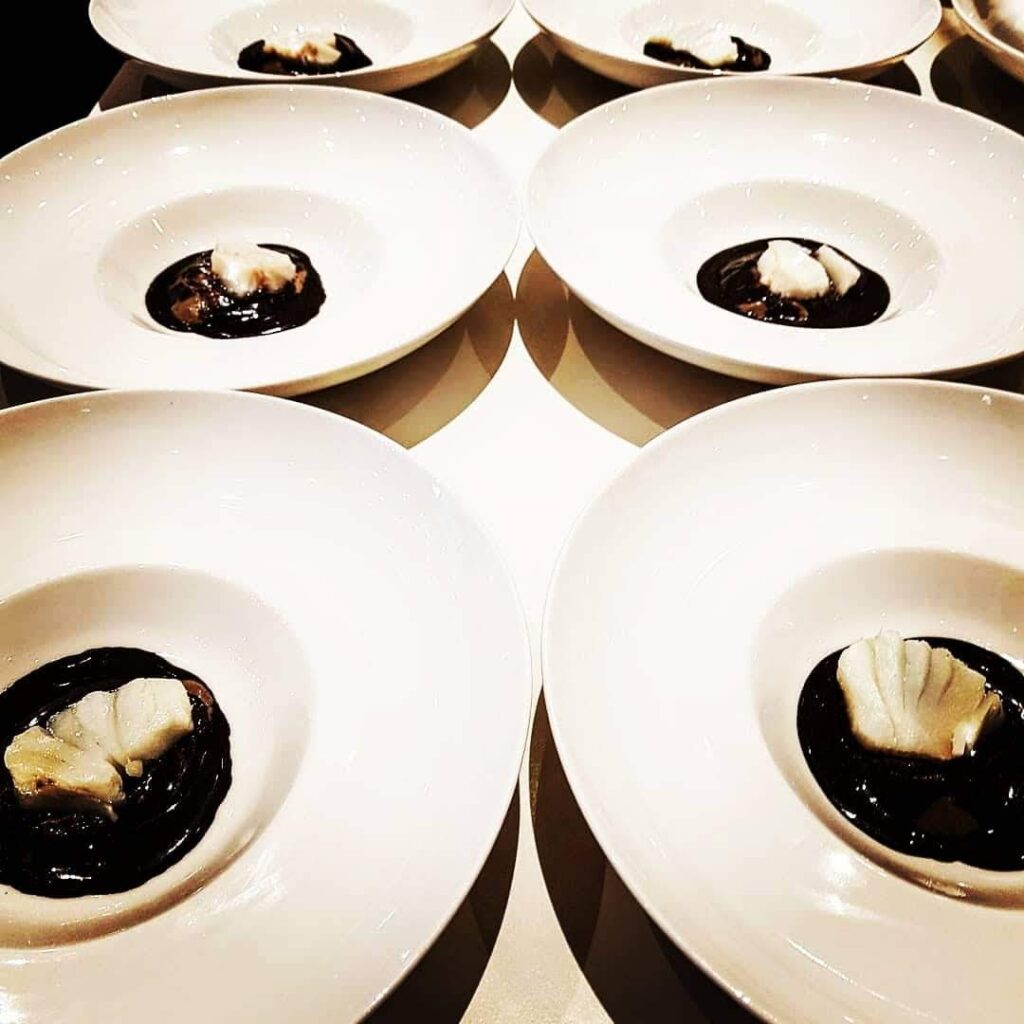
By clicking on the links below, you can find various information about saltfish:
How do I make good salted fish?
Poster: How to dehydrate salted fish
Workshop on salted fish, - Why salted fish? September 28, 2022
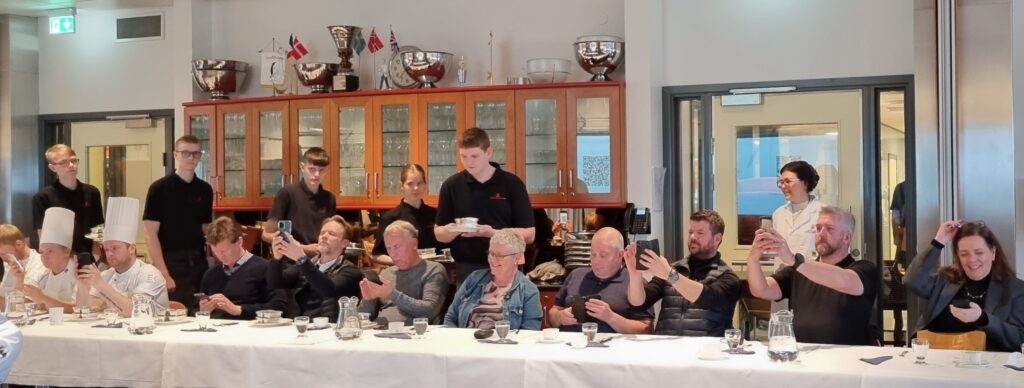
The workshop "What is salted fish?" was held in the building of the Menntaskól in Kópavogur, September 28, in collaboration with Matís, Grím Kokk, the Culinary Club, the Menntaskól in Kópavogur and Icelandic saltfish producers. The workshop is part of the project Saltfiskkræsingar (e.g. Trendy Cod) that Matís oversees, and which NORA and AG-Fisk (Arbejdsgruppen for Fiskerisamarbejdet) on behalf of the Nordic Council of Ministers have provided funding for. Vinnslustöðin hf and KG Fiskverkun donated salted fish to the studio.
The goal of the workshop was to share knowledge from various sources, and look for ways to strengthen the position of salted fish in the domestic market. The workshop was attended by about 40 people, culinary students, chefs, producers, marketers, and last but not least, the Minister of Food, Svandís Svavarsdóttir.
Short presentations were given by Matís experts on the history, culture, effectiveness and dewatering of salted fish. Also about the knowledge and attitude of consumers towards salted fish and its consumption in Iceland. The sensory properties of salted fish were presented, and attendees had the opportunity to taste and compare two types of salted fish and two types of salted fish. MK culinary students then presented their ideas behind salted fish dishes, which were served on the table. After that, we worked in three groups, each of which took on a topic of discussion: "What is salted fish - can we call salted fish salted fish?", "How do we reach the young people?" and "How can the product range be increased?"
The results of the workshop showed that it is important to distinguish between what is truly salted fish on the one hand and salted fish on the other. Salted fish, usually lightly salted or overnight salted, does not have the same characteristics as salted fish, which is finished with salt and brine and then dry-salted even for weeks, which gives this product unique properties such as the characteristic flavor and firm texture, after dewatering.

It seems that there are endless opportunities and opportunities for the saltfish. However, we need to pay better for the way of salted fish to the Icelandic market. Saltfish should really be to us Icelanders, on a par with what parma ham is to Italians, at the very least. To promote knowledge, respect and consumption of salted fish, it needs to be better promoted and made more visible, not least among younger age groups. What often hinders cooks and producers of products is that it is often difficult to obtain fully prepared salted fish here at home, let alone dehydrated. Dewatering requires a problem, but often the facilities, time or knowledge are not available. We need to reach younger consumers and improve the reputation of salted fish in general. The name saltfish is not very appropriate, as it has a reference to salted fish. But finished, dehydrated saltfish should not be salty. But maybe finished, dehydrated saltfish should be called something other than saltfish.

